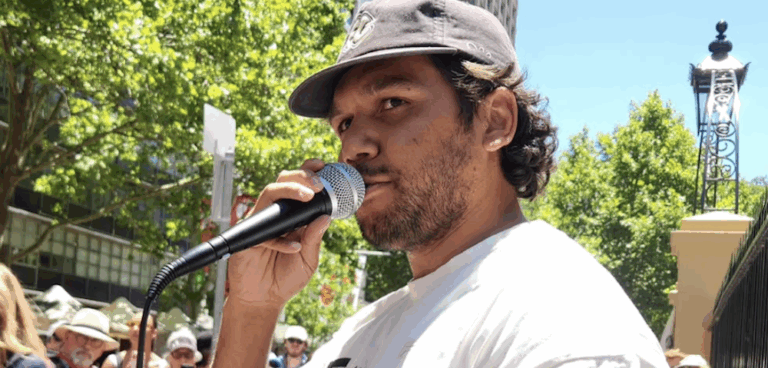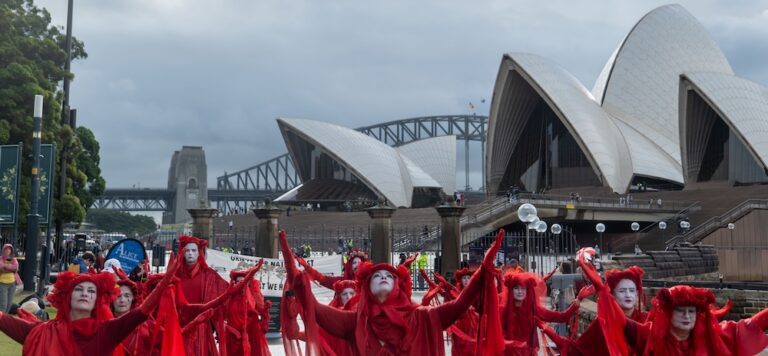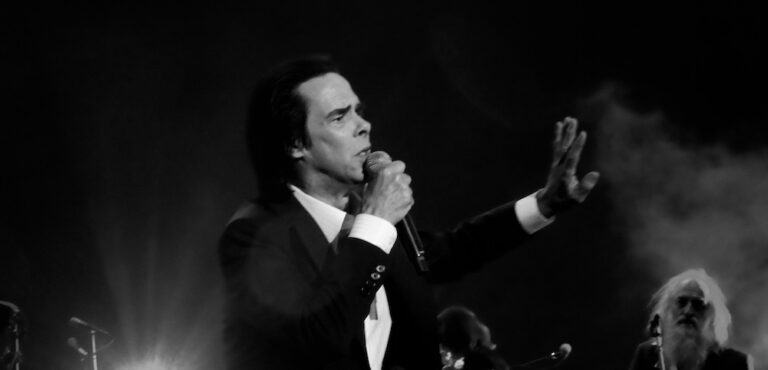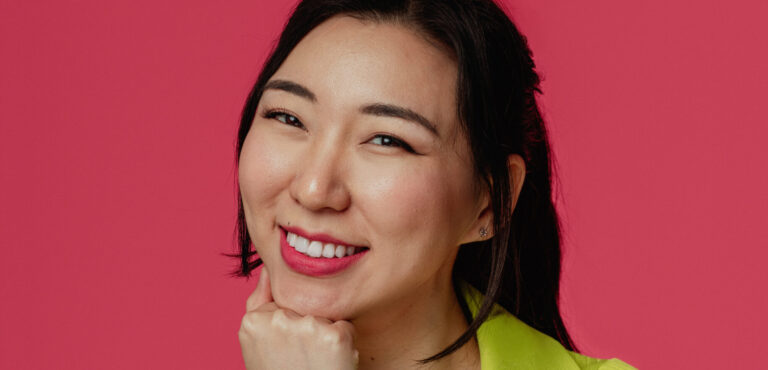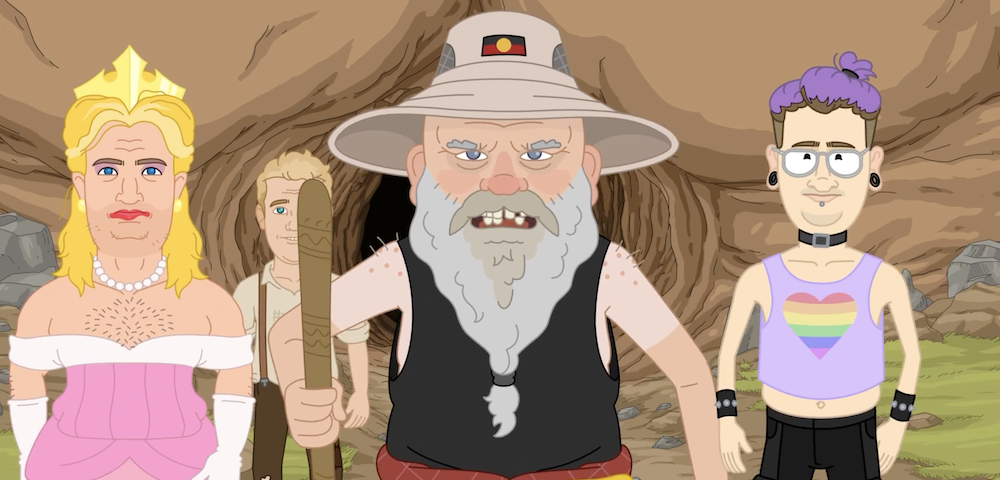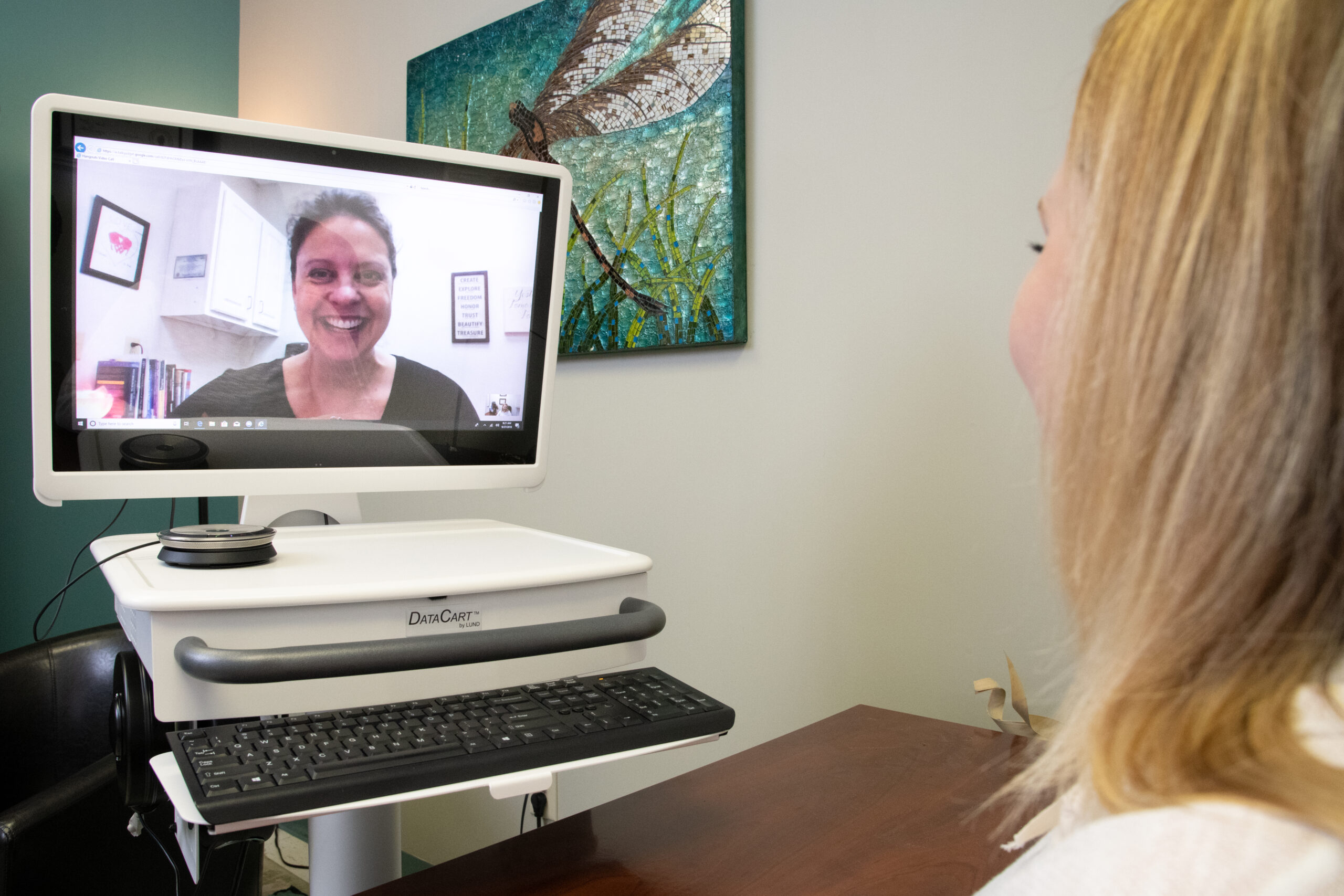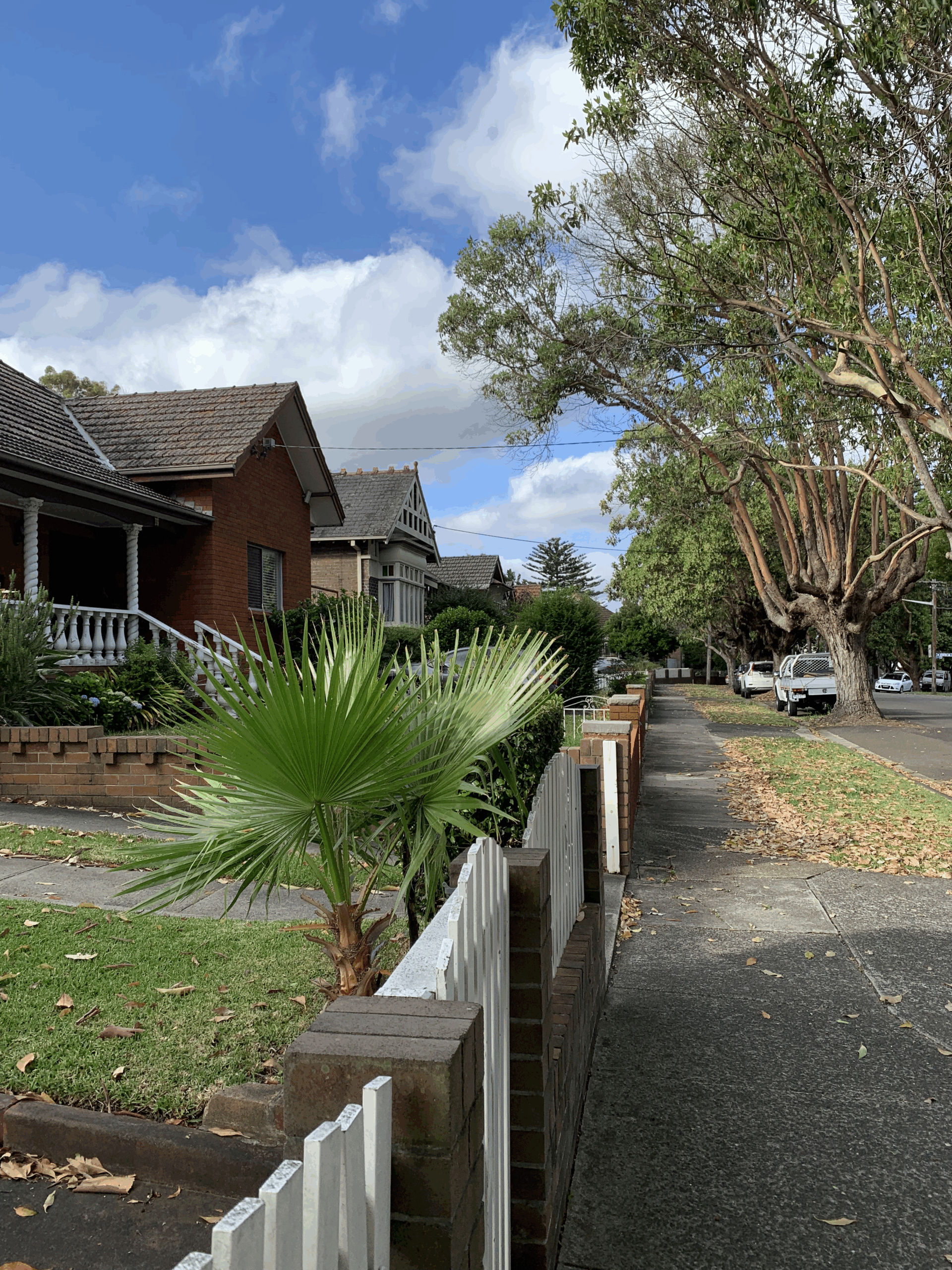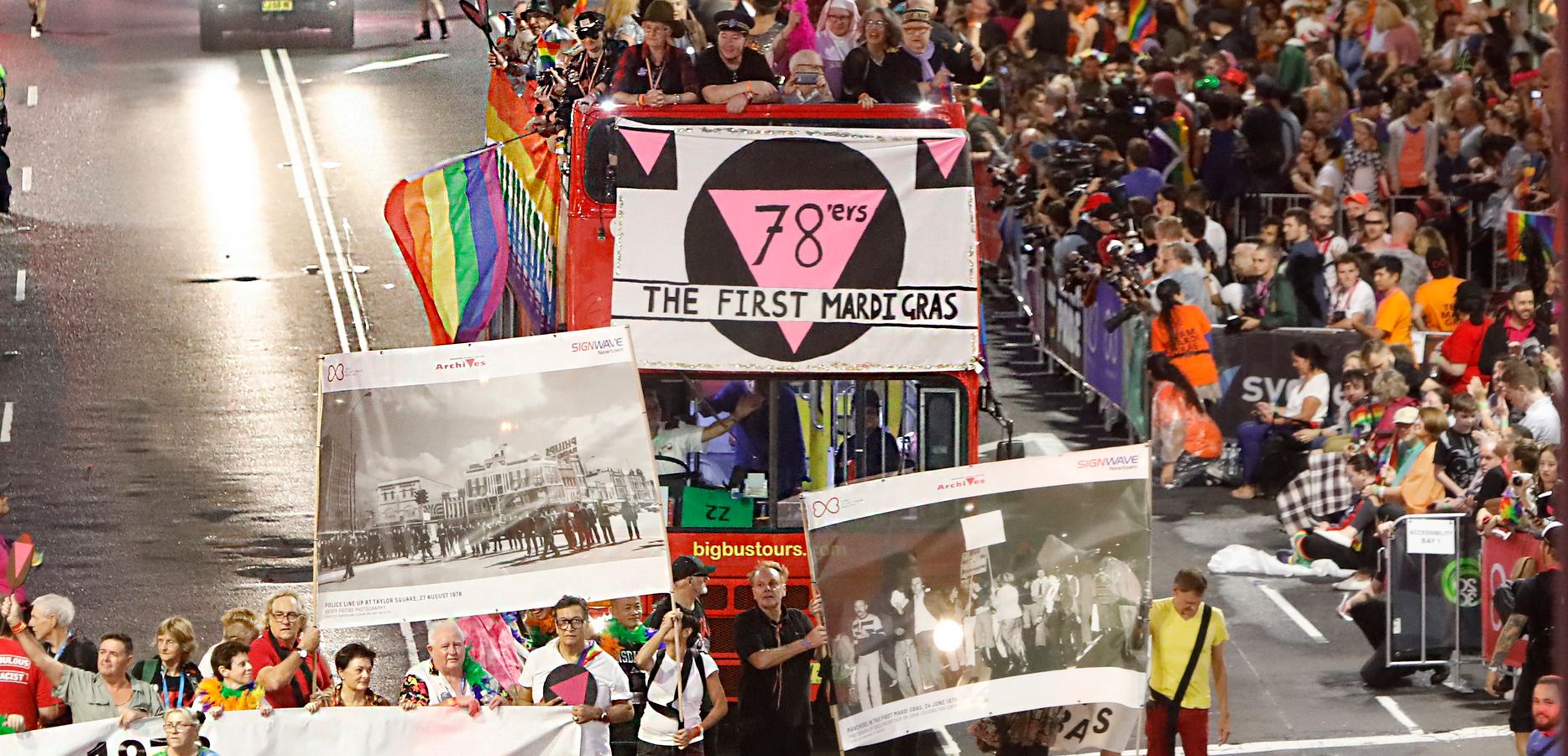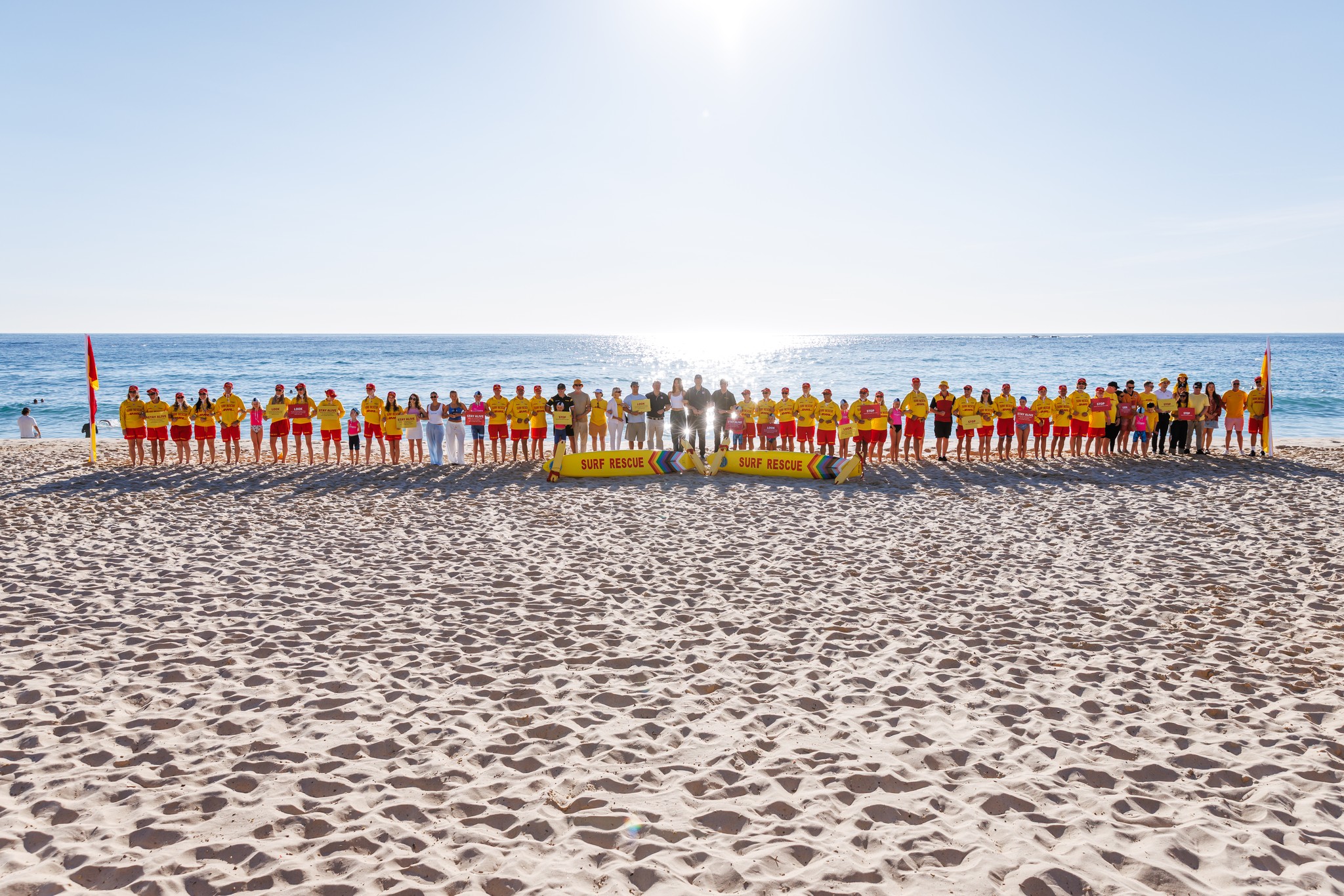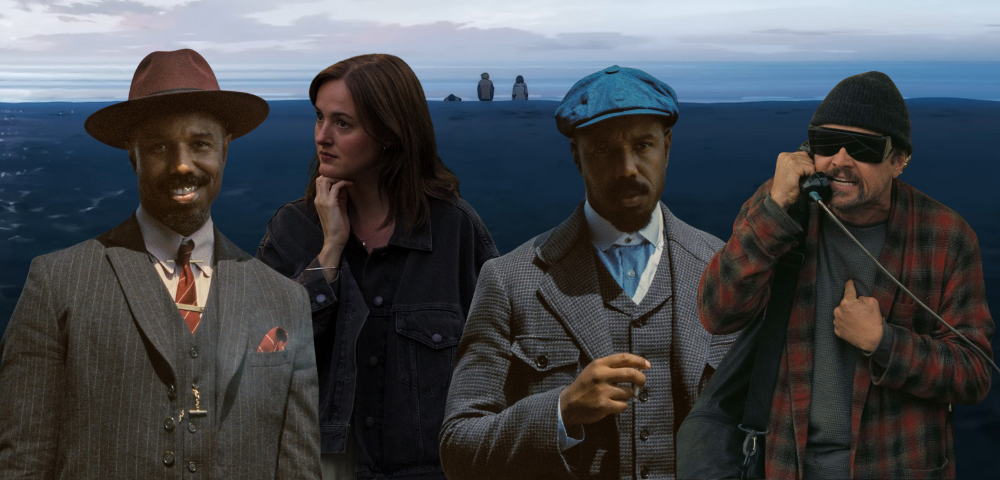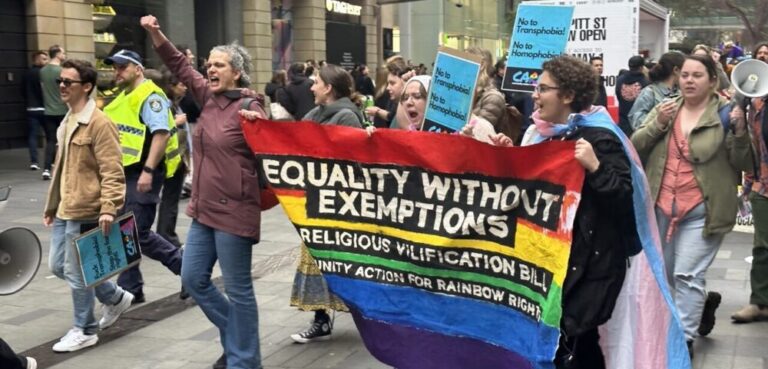
Youth say Yes: Indigenous Voice to Parliament
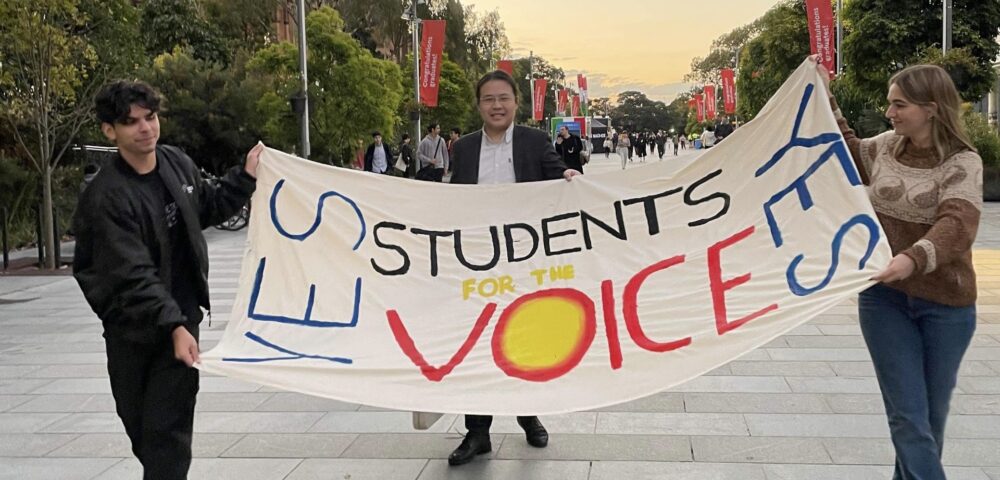
By JOHN MOYLE
The support for an affirmative vote for the Voice to parliament is in trouble no matter which of the numerous polls are taken into account.
In July, the Guardian’s Essential poll had support for a Yes recorded in only two states, Victoria and Tasmania, while Resolve Political Monitor, collecting for the SMH and The Age, showed no Australian state supporting the Yes campaign.
These results come as a shock after the SMH reported in April of this year that each state had enough support for the referendum to pass.
Since that April poll the coalition has waged a very successful and often misleading fear campaign and the Albanese government has obfuscated the clarity of the message and the direction of the Yes campaign.
For a referendum to succeed it must attract a majority of voters nationally as well as a majority of voters in a majority of states.
The last referendum to succeed was in 1977.
But while the adults are bogged down in trench warfare, across Australia young people are enthusiastically going about gaining support for the Voice, and their efforts may just save the vote.
In Central Australia, Allira Davis has been invested in a Yes vote since being involved in organising the 2019 Uluru Youth Summit, which has evolved into the Start a Yarn campaign, whereby people can hear directly from those involved in the Summit.
“The Start a Yarn circles are about encouraging Australians to participate in the conversation and increase their awareness and understanding of where the Voice proposal came from and the process,” Allira Davis, co-chair, Uluru Youth Dialogue said. “People can jump on our website, ulurustatement.org and we are running several sessions every week with different people hosting and having a yarn.”
These sessions are open to anyone who registers, with Aboriginal health expert Patricia Anderson and Professor Megan Davis, Pro-Vice Chancellor Indigenous UNSW being just some of those yarning.
Working closely with Davis is the other co-chair of the Uluru Youth Dialogue, lawyer and activist Bridget Cama.
While much of their work is being done with their own mob across Australia, they are also reaching out to Australians from all walks of life.
“I am finding that people are open minded and welcoming to the invitation of the Uluru Statement and are wanting to hear more about it,” Cama said.
“When we are yarning with people from multi-cultural backgrounds they are receptive and want to know more about it and want to walk alongside us, and those young people are taking the message back to their parents and grand parents.”
About 8000 people live in Torres Strait, but most youth are away at schools in Cairns and Charters Towers, and around 40,000 are spread across Australia, making a single point of information impossible.

Stacee Ketchell is a Wakaid and Meraum woman from Thursday Island working as the Far North Queensland Organiser and National Youth Coordinator for the Yes23 campaign.
Ketchell is now running the Youth for Yes campaign from her base in Cairns.
“There is widespread support from our people, though it is hard to reach them as they are spread across the Straits and along the eastern coast,” Ketchell said.
Bailey Riley is the president of the National Union of Students, the peak body representing tertiary students, and has been working closely with the Yes23 campaign and the ACTU at campuses around the country and on his home campus at UTS in inner Sydney.
“We are approaching this through individual campuses and campuses across the country are setting up their own groups,” Riley said.

“We are making sure that the campuses have the resources and guidelines to holding a conversation and to encourage grass roots action.
“A lot of people who didn’t know about the campaign are keen and are talking about it and are willing to share stuff on social media and have those conversations with their friends and family.”
It is clear that while our politicians are often the creators of mixed messages and the polls are delivering bad news across the nation there are a lot of younger people who have enthusiastically embraced the right for the original Australians to have a Voice in their futures.
